1. A Town Tried to Ban Drag Storytime—And the Mayor Resigned Over It
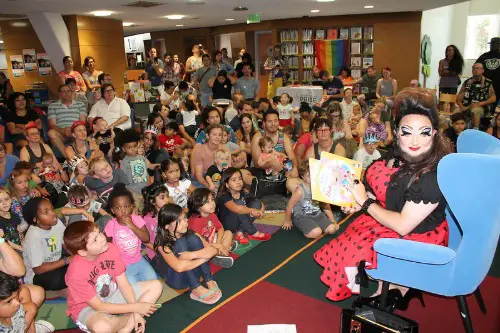
In 2023, the mayor of St. Marys, Ohio, resigned after a firestorm over a planned drag story hour at the local library. The city council tried to block the event, even though it wasn’t city-sponsored. The library refused to cancel, citing First Amendment protections, and the conflict escalated into protests and national headlines. The mayor, a moderate, said the controversy had “made effective governance impossible.”
The whole mess exposed deep divides in a small community that hadn’t seen much political drama before. What started as a library event turned into a litmus test on gender, free speech, and who gets to define “community values.” Lawsuits were filed, council meetings were packed, and the mayor walked away. All over a single hour of kids’ storytime.
2. A Florida County Tried to Ban Masks—During a COVID Surge
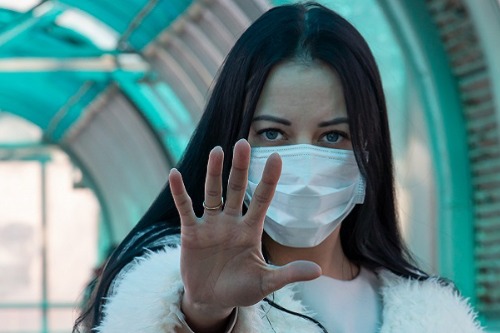
In 2021, Marion County, Florida, made headlines when the local sheriff banned his deputies from wearing masks—even during the height of the Delta variant. The policy went further, asking visitors to the sheriff’s office to also refrain from wearing masks. The sheriff claimed it was about clear communication, but medical experts were baffled. It was like banning umbrellas during a rainstorm.
This wasn’t a fringe outlier—it was official policy in a county of over 300,000 people. Doctors and nurses in the area spoke out, warning it endangered both staff and the public. The sheriff refused to budge, even as local COVID cases soared. It became a national example of political posturing overriding public health.
3. A School District Banned All Books with LGBTQ+ Characters
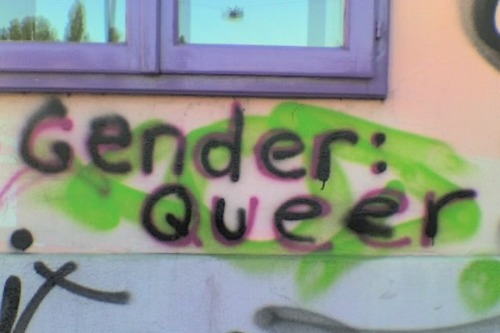
In 2022, the Keller Independent School District in Texas pulled dozens of books from shelves—including The Diary of Anne Frank and Gender Queer—due to “parental concerns.” The move was part of a growing trend of conservative-led school boards purging material seen as controversial. The kicker? Some books had already been reviewed and approved months earlier. They were yanked again anyway, without explanation.
This wasn’t just about content—it was about signaling political alignment. The decision outraged librarians, students, and even some parents, who said it felt like censorship. Lawsuits and national media attention followed, turning a local policy into a culture war flashpoint. Keller became a case study in how school board politics can spiral into something far more heated.
4. A Mayor Declared Chick-fil-A the City’s “Official Chicken”
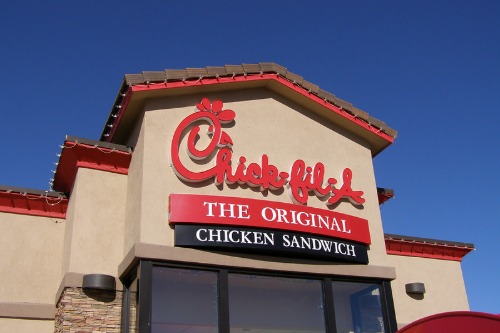
In 2021, the mayor of East Hanover, New Jersey, issued a proclamation making Chick-fil-A the town’s “official chicken restaurant.” It was supposed to celebrate a new location opening—but quickly drew backlash for the chain’s controversial history with LGBTQ+ rights. Critics called the declaration tone-deaf and needlessly political. The mayor doubled down, saying residents “love chicken and love America.”
Local LGBTQ+ groups saw it as a snub, especially since the town had no official Pride events. The incident showed how something as benign as fast food can turn into a cultural lightning rod. The debate wasn’t really about sandwiches—it was about symbolism. And in East Hanover, the chicken fight got very real.
5. An Arizona Town Tried to Declare Itself a “Constitution-Free Zone”
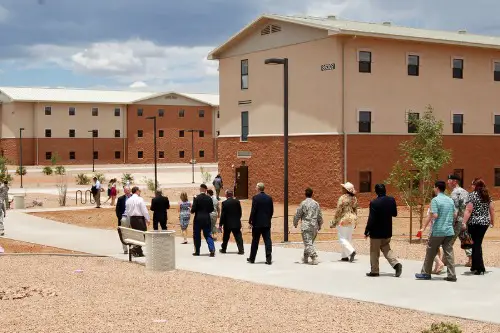
In 2022, the town of Huachuca City, Arizona, held public meetings to consider declaring itself exempt from federal laws it disagreed with. Residents floated the idea after frustrations over COVID regulations and gun control policies. It wasn’t legally enforceable, but the council seriously debated it. Critics called it a “sovereign citizen fantasy in town hall form.”
The move alarmed county officials and civil rights advocates, who warned it could encourage lawlessness or worse. Though the resolution failed, the fact it got that far was troubling enough. Some locals argued it was just symbolic patriotism. Others saw it as a red flag that democracy was being interpreted very loosely.
6. A Tennessee County Considered Removing the COVID Vaccine from Its Health Department

In 2021, Tennessee’s Williamson County Board of Health considered halting all promotion of COVID-19 vaccines—specifically targeting teens. Some members claimed it was “inappropriate” to even mention vaccines without parental input. One board member compared pro-vaccine messaging to “peer pressure and bullying.” This was during a period when pediatric cases were rising fast.
The backlash was fierce, with medical professionals warning it would cost lives. A pediatrician went viral after telling the board: “You are killing children.” The board eventually softened its stance, but the damage was done. It was another example of politics running headfirst into public health—and winning.
7. A Texas County Tried to Form Its Own Border Patrol
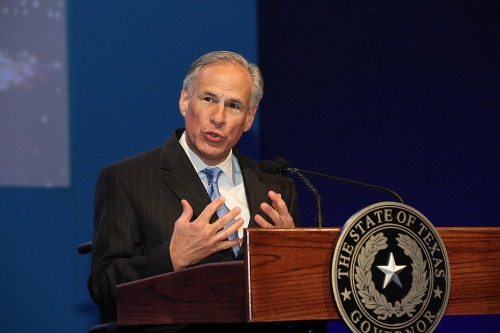
In 2023, officials in Kinney County, Texas, announced plans to deputize local residents to form a kind of volunteer border force. The county claimed the federal government wasn’t doing enough to stop illegal crossings. Local leaders sought to prosecute migrants under state trespassing laws and encouraged civilians to help report and detain individuals. Civil rights advocates raised serious concerns about vigilantism and racial profiling.
The effort was part of Governor Greg Abbott’s “Operation Lone Star,” but Kinney County took it further than most. Armed volunteers began patrolling ranches, raising fears of violence. Some residents applauded the effort, while others felt their hometown was becoming an anti-immigrant flashpoint. Either way, it brought national attention to a tiny county on the border.
8. A Town Banned Pride Flags on City Property—Then Had to Apologize
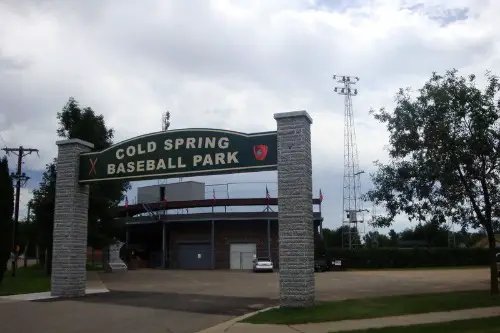
In 2023, Cold Spring, Minnesota, passed a resolution banning all “non-governmental” flags on city-owned property—including the LGBTQ+ Pride flag. The move came after conservative residents objected to a rainbow flag flown at city hall during Pride Month. Officials insisted the policy was about “neutrality,” but critics saw it as thinly veiled discrimination. The backlash was swift, with LGBTQ+ groups and allies organizing protests.
Facing national media attention and community outrage, the city quickly walked back the resolution. They claimed they hadn’t fully understood the impact the ban would have. The controversy sparked broader conversations about representation and who gets to define “neutral.” In the end, the rainbow flag went back up—and the council got a crash course in inclusion.
9. A County Banned Teachers from Mentioning “Critical Race Theory”—Without Defining It
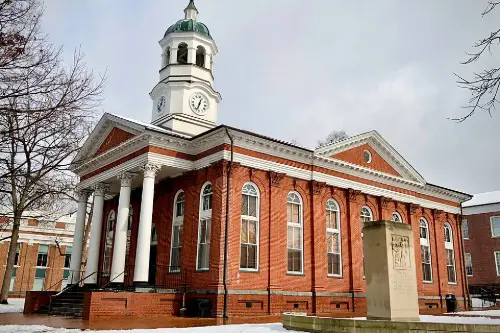
In 2021, Loudoun County, Virginia, banned teachers from discussing “critical race theory” in classrooms—even though the curriculum didn’t officially include it. The vague ban caused confusion among educators, who weren’t sure what they were allowed to teach about history or race. Parents flooded school board meetings with heated complaints, often fueled by misinformation. The county became a battleground for a broader national debate over race and education.
Teachers argued the ban hampered honest conversations about America’s past, while opponents claimed it protected children from divisive ideas. The school board faced protests, walkouts, and a flood of political pressure. Lawsuits followed, making the controversy anything but local. Loudoun’s struggle illustrated how undefined rules can create chaos in education.
10. A City Tried to Ban All New Apartment Complexes to Fight “Overdevelopment”
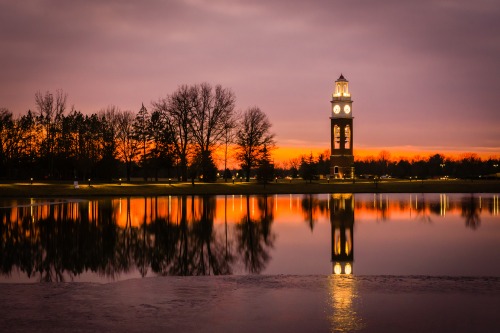
In 2022, Carmel, Indiana, a rapidly growing suburb of Indianapolis, passed strict zoning laws effectively banning most new apartment buildings. City leaders claimed the move was about preserving community character and controlling traffic. Critics, however, saw it as a way to block affordable housing and maintain economic segregation. Affordable housing advocates warned the policy would price out young people and essential workers.
The policy sparked protests and heated city council debates. Residents were divided between those wanting growth controlled and those demanding more inclusive housing options. Carmel became emblematic of the housing affordability crisis playing out across many American suburbs. The fight over apartments wasn’t just about buildings—it was about who belongs in the community.
11. A School District Changed Its Mascot After Backlash Over Racial Imagery—Then Reversed Course
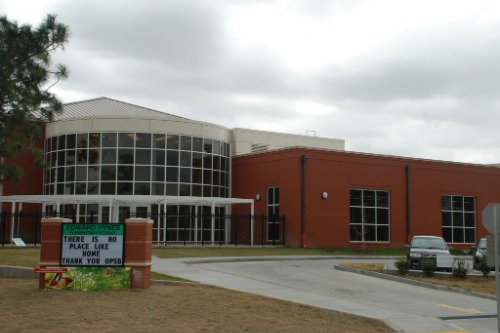
In 2023, the Lafayette Parish School System in Louisiana voted to retire its “Indian” mascot after years of complaints from Native American groups. The decision was meant to be a step toward respect and inclusivity. But shortly after, a vocal group of parents and alumni rallied to bring the mascot back, claiming tradition was being erased. The school board reversed its decision amid growing division.
The back-and-forth ignited protests, petitions, and national media coverage. The controversy highlighted the deep tensions between cultural sensitivity and local pride. It showed how symbols can carry wildly different meanings depending on perspective. Lafayette became a microcosm of a national debate on race and heritage.
12. A City Council Tried to Stop a Local LGBTQ+ Business From Flying a Pride Flag
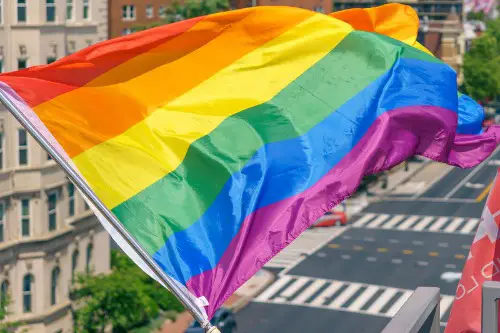
In 2022, the city council of Huntington, West Virginia, faced backlash after trying to block a local bar from flying a Pride flag outside its building. Officials claimed the flag violated a vague city ordinance about “signage.” The bar’s owners and supporters argued the flag was a free expression of identity and support for the LGBTQ+ community. The fight quickly turned into a local rallying point for LGBTQ+ rights advocates.
The controversy sparked protests and drew attention from statewide LGBTQ+ groups. The city eventually dropped the enforcement action but left lingering questions about discrimination. For many, the flag was more than a decoration—it was a statement of visibility and safety. Huntington’s debate was a reminder that even small symbolic acts can provoke big battles.
13. A County Sheriff Refused to Enforce Gun Laws, Calling Them “Unconstitutional”
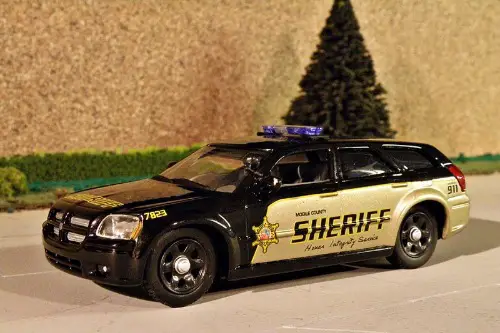
In 2021, Jefferson County, Alabama’s sheriff publicly declared he would not enforce certain state gun control laws, calling them unconstitutional overreach. He announced his office would ignore background check requirements and limits on carrying firearms. This stance put the sheriff at odds with state officials and law enforcement peers. It stirred controversy about the role of sheriffs as law enforcers versus political actors.
Residents were divided—some applauded the sheriff’s defiance as protecting Second Amendment rights, while others feared lawlessness. The sheriff’s stance sparked lawsuits and legislative pushback. Jefferson County became a focal point in debates about local vs. state power in policing. The episode underscored how gun politics remain a deeply polarizing issue.
14. A Suburban School Board Held Secret Meetings to Avoid Public Scrutiny
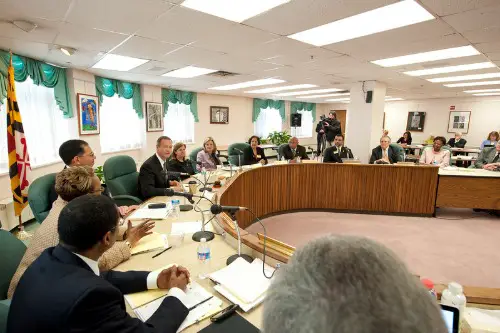
In 2023, parents in Montgomery County, Maryland, discovered their school board had held multiple closed-door meetings on topics including curriculum changes and COVID protocols. State law required transparency, but officials had used loopholes to keep discussions secret. Once exposed, the board faced heavy criticism for undermining public trust. Parents demanded more accountability and open access to meetings.
The controversy fueled calls for reform and sparked grassroots organizing by parents who felt sidelined. The school board eventually promised greater transparency but not before damage to its reputation. The episode reflected growing tensions between school districts and families nationwide. It showed how secrecy in public education breeds suspicion and conflict.
This post 14 Local Controversies You’d Swear Were Parodies—But Are Totally Real was first published on American Charm.


